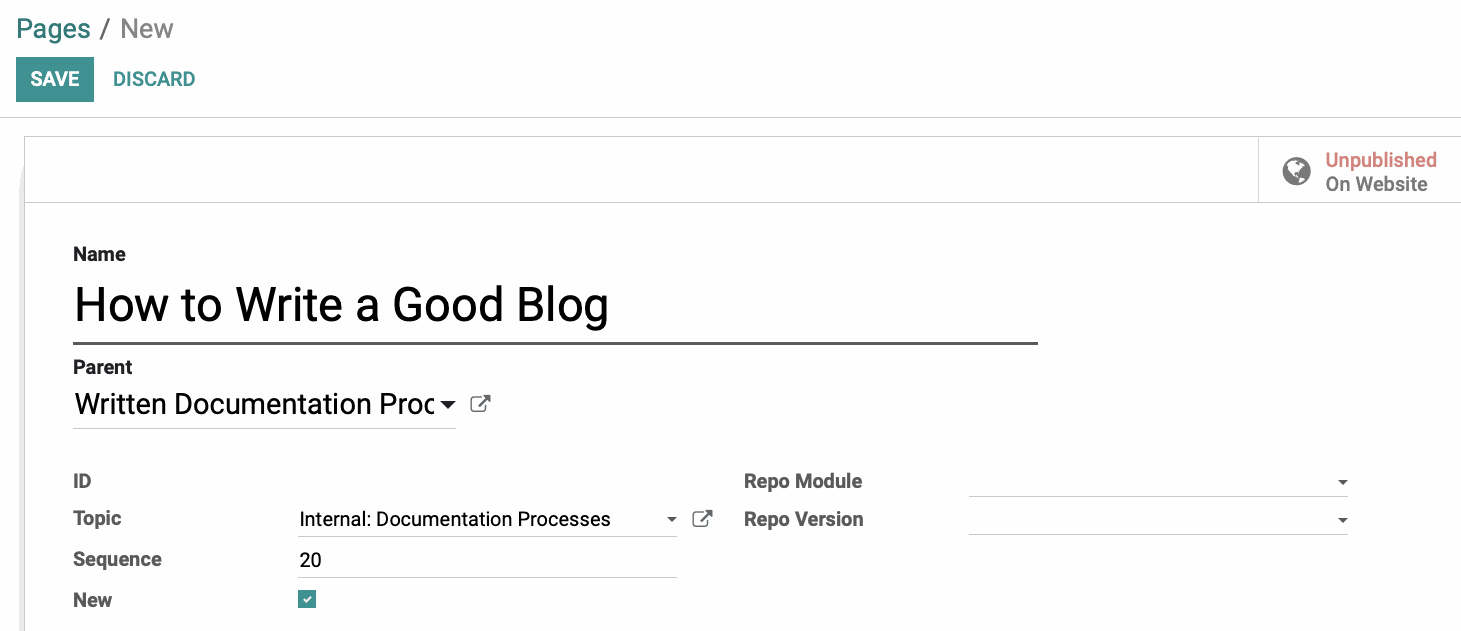As we slip into month [insert number here] of the Coronavirus pandemic, many employees are wondering if they will ever return to a "normal" work life. Will they ever see their colleagues in person again? Will they ever have a meeting around a conference table again? And will they not be getting the birthday cupcakes they'd been promised during onboarding...?
Rather than wondering if things will ever be the same, we encourage employees and business owners to reframe the question: How, instead, can they make the current norm, remote work, the best it can be for their company?
Hibou has always been a remote company, founded with the goal of having a distributed team. We now employ individuals based in six states and several timezones, who work together every day to provide excellent service to our clients.
We understand remote work and how to do it successfully. If you're considering going fully remote, read on to learn how we make it happen every day!
Why Build a Remote Team?
If the idea of letting your employees go off on their own flies in the face of your every managerial impulse for control, we get it. But in reality, remote work often leads to a more productive and efficient team. Here are some of the top reasons we think remote work is the best kind of work:
No Commute. It's draining to spend the time we do in transit. Rare is the employee who hops off a crowded transit system energized and eager to seize the day. Instead, we see grouchy workers who've wasted all their energy battling for a piece of railing to hold on to. Plus, you're doing the environment a favor by keeping your car off the road. Extra remote-points for that!
Flexibility. Because we normally know our colleagues only in the context of the office, we can fail to recognize that they have responsibilities outside of it. One of the greatest benefits of remote work is the ability to more easily tend to those responsibilities. The beauty of this arrangement is that a satisfied, relaxed employee is more enthusiastic and empowered at work.
Office Space. Considering all the inconveniences of the modern office—broken desk chairs, freezing temperatures, terrible coffee—it's a wonder anything gets done in them at all. Working from home allows you to build your office to suit your needs and maximize your productivity. If you find you do your best work from inside a fort you constructed out of sofa cushions, tell your family to scram: This is your domain now.
Economic Opportunities for the Company. Offering remote positions opens up your company to a whole new range of talent, potentially more within your hiring budget than the candidates directly within your area. For example, hiring a developer in Seattle may be cost-prohibitive for your company at this time. But hiring a developer in North Carolina might be more reasonable.
Economic Opportunities for the Employees. The ability to separate your work decisions from your lifestyle decisions is a ground-breaking development. Candidates no longer are bound to certain opportunity-heavy areas and can live exactly where and how they want to.
Because We Can! Working remotely has never been easier than it is today. Technology is so fundamentally interwoven in the fabric of our lives that shifting to a remote office barely requires any additional effort on our part. The benefits far outweigh the costs, making remote a no-brainer.
The Tools of the Trade
If you've been convinced remote work is the work for you, you'll need a few versatile, well-designed, and user-friendly softwares to make it happen.
There are plenty of tools out there that you can sift through and test out. Or you could do what works for us! We've streamlined and perfected our processes so we are one big, multi-state hive of frictionless productivity.
Project Management
Project Management tools are notoriously unwieldy. By the time you've understood what all the tags and markers and icons mean, you've already missed an important deadline. Or it doesn't give you the level of control you need, and you miss a deadline. Or you don't have notifications set up properly, and you miss a deadline...
At Hibou, we avoid these problems by using Odoo's Project application. This app is sturdy yet sleek and keeps the cogs of our operation well-greased. The app consists of a few key components—stages, tasks, and projects—that are intuitive to use and will make sticky-notes and notepads a thing of your past.
![]()
The application gives you a tremendous amount of control over each project, allowing for impeccable follow-through. You can track your projects as closely or as loosely as you want; the application is crafted so that you can customize, tweak, and build on it. Want to use 100 stages to track the progress of a task? Seems complicated, but okay! Want your project view to look like a gorgeous rainbow gradient? Hey, it's your project—go nuts!

Odoo's Project application also facilitates communication between team members via activities and logged notes, so nothing ever gets dropped. Schedule a review for a co-worker or let someone know you need clarification on a task—all this can happen directly in the application, so there's a clear record of the progress and decisions made.

Like many companies, here at Hibou, we operate using Sprints. Sprints allow us to provide realistic timelines and better serve our clients. They also somehow make us feel cool and athletic—which you may not think matters, but does.
While Odoo doesn't have a Sprint functionality out of the box, Hibou is currently perfecting a Sprint module to integrate into the Project application. If you're interested in checking this out, get in touch.
Communication
Those considering the switch from in-situ to from-home work often worry about how employees will maintain the same level of efficiency in their communications. You know, the kind of efficiency that means you visit your co-worker's desk ten times before they finally get back from lunch and wait around outside your boss's office for thirty minutes so you can jump-question them on their way between meetings. That kind of efficiency.
We don't feel that efficiency is lost when moving to a remote workplace, and in fact think it is often enhanced. When working remotely, you always know where your colleagues are and, with the help of a company-wide communication platform, how to reach them.

Our choice for that is Slack, a popular platform for organizations of all sizes. It's versatile and accommodating, able to grow as the complexity of your operations grows. Plus, you can make it as invasive or non-invasive as you like; mute incoming notifications if you need to put your axe to the grindstone, or tune in to every new message in every channel. Either way, make the most of the emojis

Our second communication platform is Zoom. Right now that word might send shivers down your spine—we all wish Zoom weren't the unpopular third wheel at our every social event—but it's an incredibly effective tool for handling the dozen meetings that might take place in a day at Hibou. And it integrates with Slack, alerting you when you have a meeting upcoming. This feature has saved a certain author from late-join shame many times.
Perhaps more important than the specific communication tool you choose is the expectations you set for responsivity. Here at Hibou, we make a commitment to as-soon-as-possible replies to both clients and each other. No one ever feels like they're dead in the water; an answer is usually mere moments away.
Documentation
Remote work by necessity involves a higher degree of autonomy than office-based work. And while your team is always available to you, you'll often run into situations where it's faster and more efficient to find a solution yourself. Enter documentation.

At Hibou, we love documentation. We love writing it, and we love reading it. We write custom documentation for our clients to help them maintain their workflows correctly. We also write it for ourselves because we (I) are (am) only human, and sometimes we (I) forget how to do things.
It's an incredible boon to any workforce to know that all processes and workflows one might come across are described in detail somewhere. And for a fully remote company, it's more than that; it's a necessity. Without a co-worker at your side at all times to walk you through an unfamiliar process, you need to be able to self-educate.
Having a comprehensive collection of documentation is also a constant time-saver. Rather than going to multiple co-workers with a question, taking up both their and your time, you can just pull up the documentation and find the answer yourself.
We've added customized Pages to our Hibou Odoo database, which allows us to easily whip up a fresh doc, with titling and text-boxes pre-formatted for easy use. Our entire team is empowered to create documentation for any new processes we come across. An hour spent creating a document can save dozens of hours of unproductive work in the future.
Version 13 of Odoo offers an eLearning application that can take your documentation and training game to the next level. Upload written content and videos to a sleek and user-friendly interface.

Ever since our work lives changed dramatically earlier this year, it's been well-documented that remote workers are happier, more productive, and just as, if not more, efficient than office-bound counterparts. Few employers need to be convinced of these benefits to their employees, but some may need convincing that setting up a remote office won't be an impossible and soul-crushing endeavor.
We hope we've shown that it doesn't have to be. With the right tools and the right approach, your remote office can be a model of efficiency. Now is the best time yet to make the transition to remote work, and Hibou can help you harness the power of Odoo to do it.
Contact us for information about implementing and customizing Odoo to turn your remote dreams into a reality!